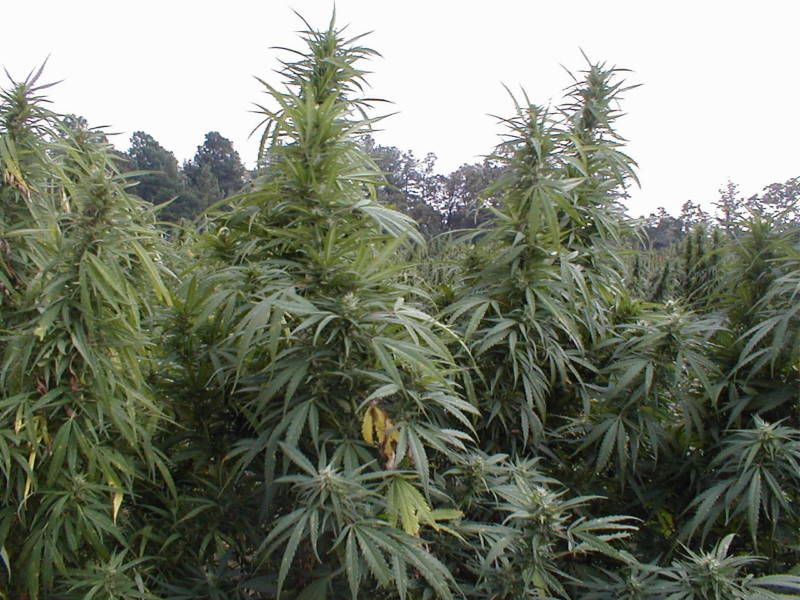This is why the California Growers Association remains neutral on Prop. 64, Warner said.
Kimberly Cargile, who is a member of the association, said the group is neutral for a number of reasons. This includes concerns from smaller cannabis growers about the corporatization of the industry.
There's a reason why California Highway Patrol officers oppose Prop 64, said Anne Marie Schubert, district attorney for Sacramento County. She argued that there needs to be a “per se” law on driving while stoned. “Per se” refers to standards on impairment.
But it's more complicated than that, argued Richard Miadich, who helped author the legislation. "There just isn't the technology," he said.
Read more about that technology here.
"What we really need -- the most effective way to prevent impaired driving -- is more training and more officers," he said.
Prop. 64 would generate an estimated $1 billion annually in California. About $200 million of that would go to local law enforcement for grants, Miadich said.
Taxes generated by Prop. 64 would also go to other programs dedicated to youth education, prevention and treatment and environmental protections, he said.
District Attorney Schubert said those in Sacramento County who are caught with possession of marijuana receive a $60 ticket. That's less money than what you would have to pay for a speeding ticket, she insisted.
But Kimberly Cargile, CEO of a medical marijuana dispensary located in Sacramento, said that there are other related marijuana crimes that have a negative impact on society, including "the people who are charged with crimes they didn't commit."
Miadich argued that Prop. 64 could save the state $10 million annually because of the decriminalization of cannabis.
Studies have shown that legalizing marijuana has little impact on drug cartels, said Peter Hecht, senior writer for the Sacramento Bee and author of “Weed Land: Inside America’s Marijuana Epicenter and How Pot Went Legit."
"There is going to be a black market for many years to come," he said.
Warner echoed those sentiments.
"There will always be a black market demand," he said.
Farmers need to make $1,200 per pound to survive.
"We're removing the stigma and we're telling our kids it's OK," said Schubert, Sacramento County's district attorney .
She argued that there are no studies to show the long-term impact of legalizing marijuana. And more specifically, she worries that we will see pot shops inundate communities of color.
Miadich insisted that tax revenue could have a positive impact on youth because it will fund education.
"Kids who don't have after school programs, get into drugs," he said.
He asked, “Do we want our kids buying pot from drug dealers?” He said it's time to develop a different system that "tries something new."
Want more on Prop 64? Here's an FAQ on how it could change California.
*Editor's note: A previous version of this story included an incorrect figure for the amount of money per pound a farmer needs to make in order to survive. We've corrected this article to reflect the accurate information.
Guests:

